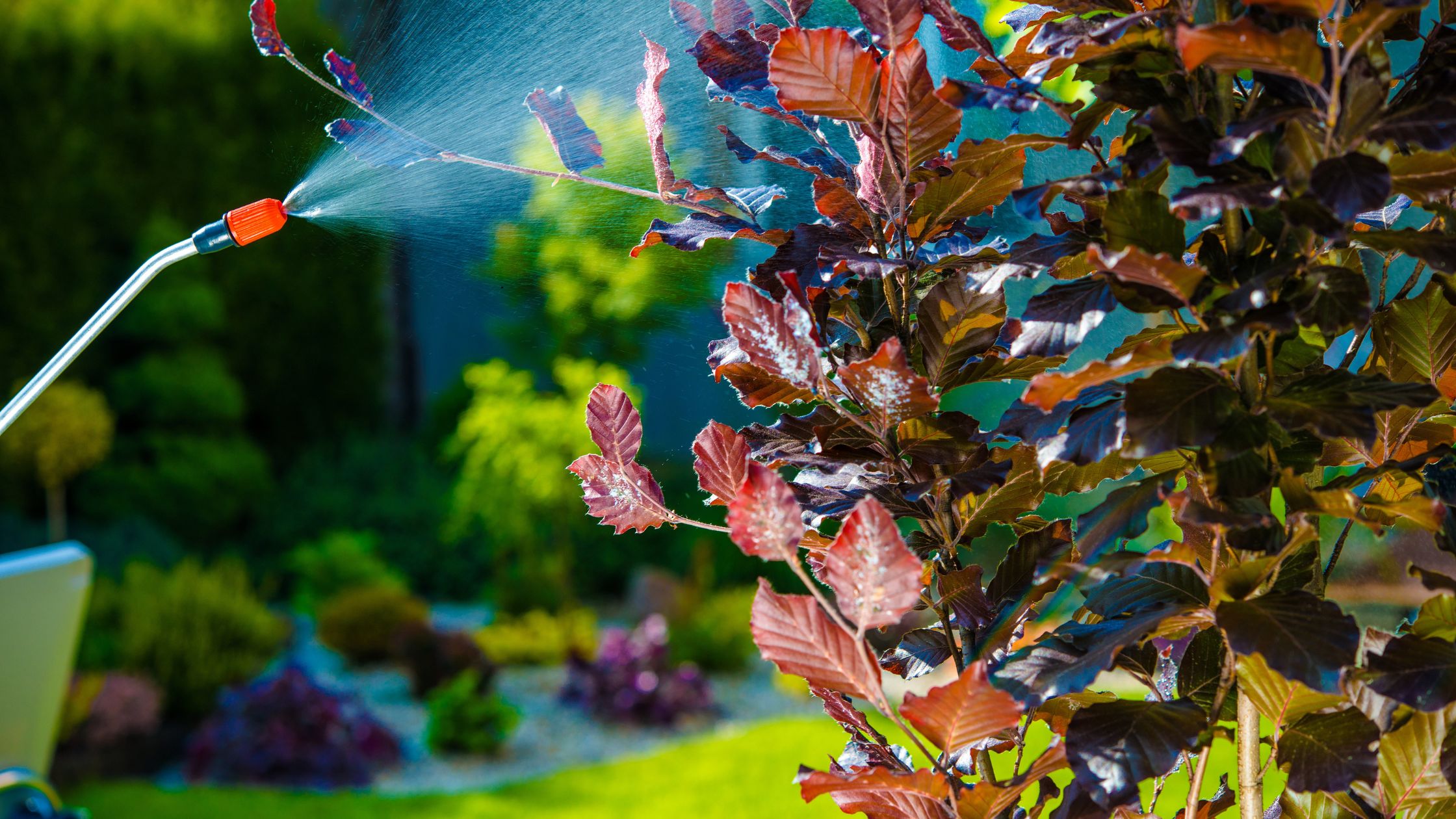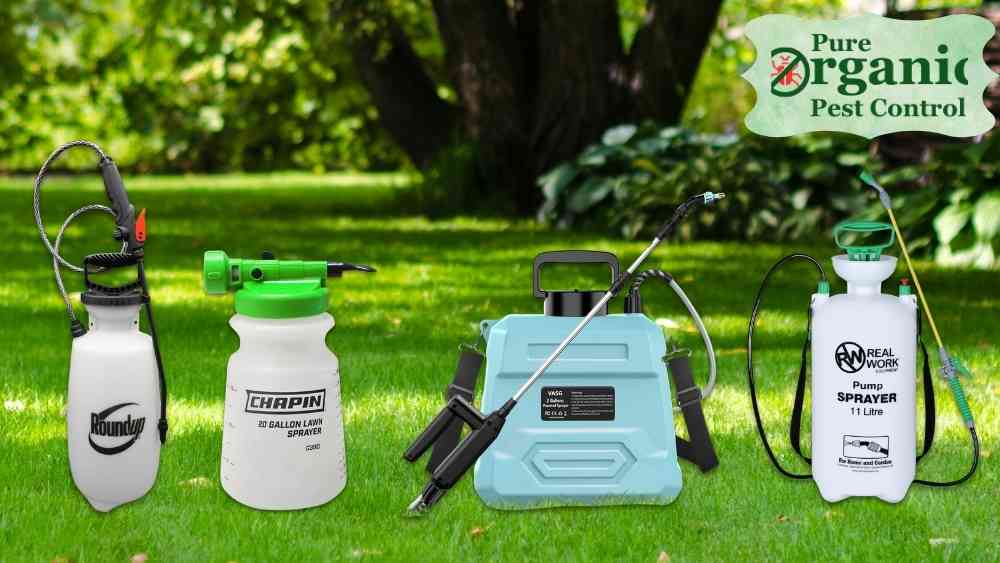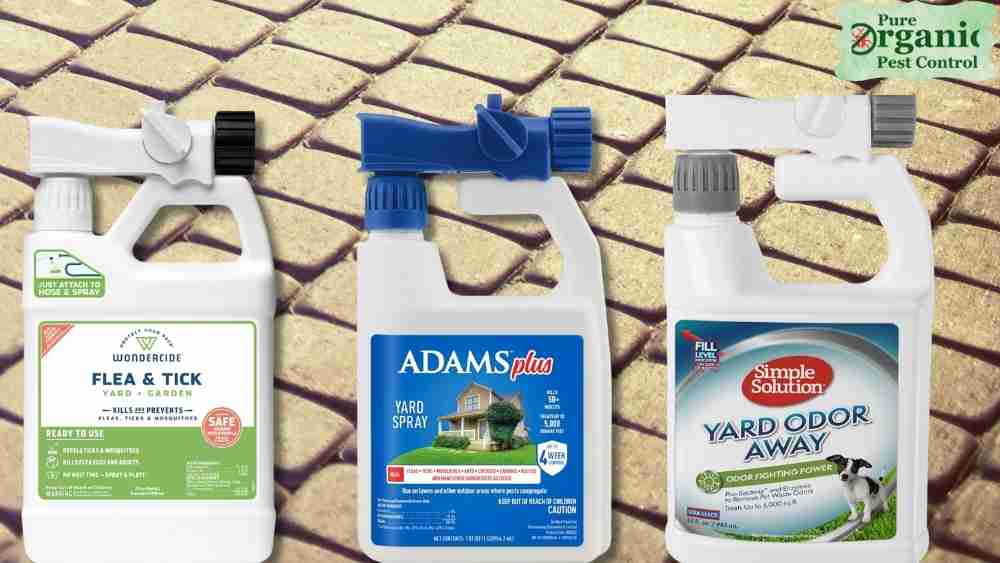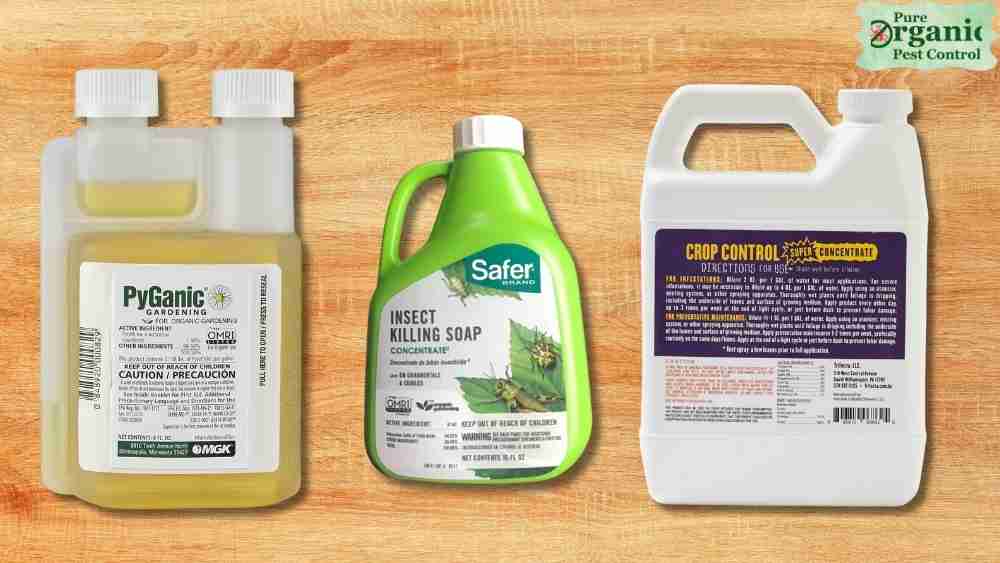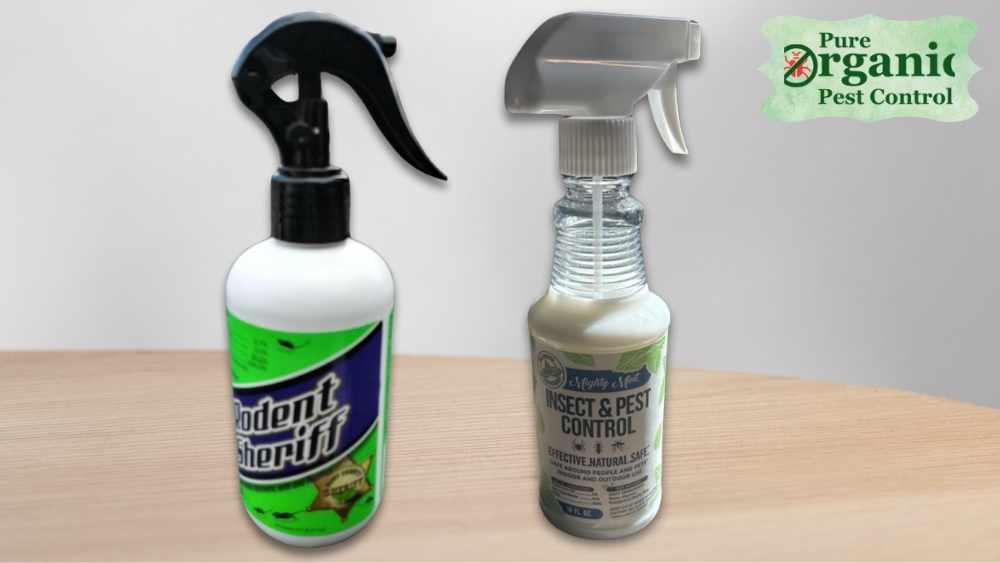Pests can be a real headache, especially when they invade your home. Whether it’s ants marching across your kitchen floor, mice scurrying through your attic, or termites munching on your wooden beams, these unwanted guests can cause significant damage and discomfort. That’s why seasonal pest control is so important. In this article, I’ll guide you through the basics of seasonal pest control, why it matters, and how you can implement it effectively in your home.
Understanding Seasonal Pest Control
Seasonal pest control refers to the practice of monitoring and managing pest populations throughout the year, with an emphasis on preventing infestations during different seasons. Each season brings its own set of pests, and understanding these patterns is crucial for effective pest management. By being proactive, you can keep pests at bay and maintain a comfortable living environment.
Spring: The Awakening of Pests
As winter fades and spring arrives, many pests begin to emerge from their hiding spots. This is when you might notice an increase in ants, termites, and other critters looking for food and shelter. Here are some key actions you can take for effective seasonal pest control in spring:
- Inspect Your Home: Walk around your property and check for any signs of pest activity. Look for cracks in the foundation, gaps around windows and doors, and any holes in your walls.
- Seal Entry Points: If you find any openings, make sure to seal them off. Use caulk or weather stripping to block entry points. This simple step can significantly reduce the chances of pests making their way inside.
- Clean Up: Pests are attracted to food sources, so keep your home clean. Ensure you regularly clean your kitchen and dining areas. Store food in airtight containers and promptly clean up spills.
- Maintain Your Yard: Trim bushes and trees away from your home, as they can serve as bridges for pests. Remove any standing water and debris that can create a breeding ground for mosquitoes and other insects.
Summer: The Invasion Begins
Summer brings warmer weather, which means more pests are on the move. This is the peak season for many insects, including mosquitoes, flies, and wasps. Here’s how you can tackle seasonal pest control during the summer months:
- Use Insect Repellents: When you’re outside, consider using insect repellent on your skin and clothing. This will help keep mosquitoes and ticks at bay.
- Set Traps: For indoor pests like flies, you can set traps to catch them. Sticky traps are an effective way to monitor and reduce the fly population inside your home.
- Stay Vigilant: Regularly check your home for signs of pest activity. If you notice an uptick in pests, take immediate action to address the issue.
- Keep Your Lawn Healthy: A well-maintained lawn can deter pests. Regularly mow your grass, water your plants appropriately, and remove any weeds that could harbor insects.
Fall: Preparing for Winter
As the days get shorter and temperatures start to drop, many pests begin looking for a warm place to spend the winter. Rodents, in particular, are notorious for seeking shelter in homes during this time. Here’s what you should do for seasonal pest control in the fall:
- Inspect and Seal: Conduct a thorough inspection of your home. Look for any gaps or holes that may have appeared over the summer. Seal these entry points to prevent rodents from entering your home.
- Store Firewood Properly: If you have a fireplace, store firewood away from your home and off the ground. This can prevent pests from nesting in your woodpile.
- Keep Food Secure: Make sure all food items, including pet food, are stored in airtight containers. This will help prevent attracting rodents and insects looking for a snack.
- Check Your Gutters: Clean your gutters to ensure they’re not clogged with leaves and debris. Standing water can attract pests, and clean gutters help direct water away from your home.
Winter: Monitoring and Maintenance
During winter, many pests become less active, but that doesn’t mean they’re gone for good. In fact, some pests, like rodents, can still be a problem. Here’s how to practice seasonal pest control during the colder months:
- Continue Inspections: Even in winter, you should regularly inspect your home for signs of pests. Look for droppings, gnaw marks, or nests in your attic or basement.
- Maintain a Clean Environment: Keep your home tidy, as a clean space is less inviting to pests. Vacuum regularly, and ensure that food is stored securely.
- Adjust Your Heating: Pests are attracted to warmth. Make sure your home is properly heated, but be cautious about leaving doors and windows open for long periods.
- Call a Professional: If you notice a significant pest problem during winter, don’t hesitate to call a pest control professional. They can provide effective solutions to eliminate any infestations.
The Benefits of Seasonal Pest Control
Implementing seasonal pest control practices has numerous benefits:
- Prevention: By being proactive, you can prevent infestations before they become a serious issue. This saves you time, money, and stress in the long run.
- Safety: Many pests can carry diseases or cause allergies. Keeping them out of your home promotes a healthier living environment for you and your family.
- Peace of Mind: Knowing that you’ve taken steps to protect your home from pests can give you peace of mind, allowing you to enjoy your space without worry.
- Cost-Effective: Prevention is often cheaper than dealing with a full-blown infestation. Regular maintenance can save you from costly repairs and treatments later.
Tips for Effective Seasonal Pest Control
To ensure your seasonal pest control efforts are effective, consider these tips:
- Create a Schedule: Develop a seasonal pest control schedule for your home. Mark down the key tasks you need to complete in each season.
- Educate Yourself: Learn about the common pests in your area and their seasonal behaviors. Knowledge is key to staying ahead of infestations.
- Be Consistent: Consistency is crucial in pest control. Regular maintenance and monitoring can help keep pests at bay.
- Utilize Professional Services: Don’t hesitate to reach out to pest control professionals. They can provide expert advice and treatment options tailored to your needs.
Conclusion
Seasonal pest control is essential for keeping your home safe and comfortable throughout the year. By understanding the seasonal behaviors of pests and taking proactive measures, you can protect your living space from unwanted guests. Remember, prevention is always better than cure. So, take the time to implement these seasonal pest control strategies, and you’ll enjoy a pest-free home all year round. If you encounter persistent pest problems, don’t hesitate to contact a professional for assistance. Together, we can ensure your home remains a haven for you and your family.

